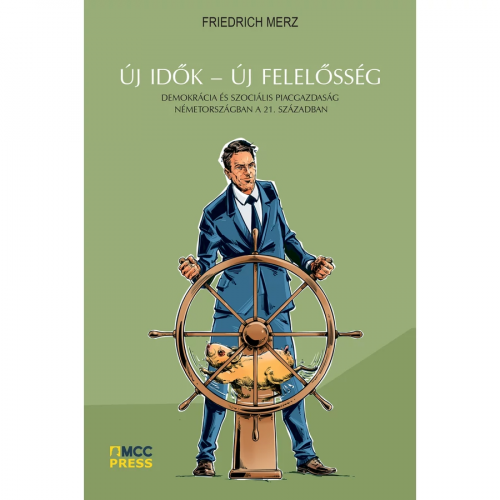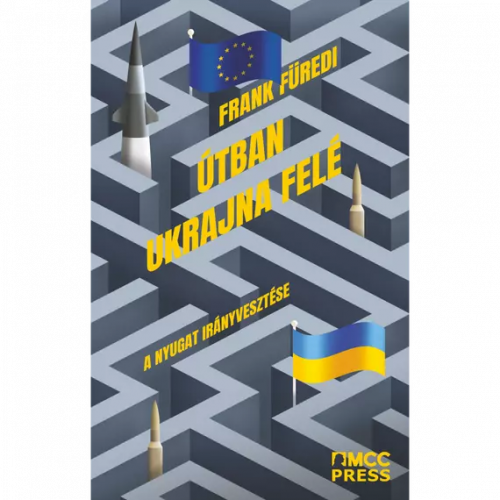Mathias Corvinus Collegium has been engaged in publishing books since 2008. Initially, we worked as a co-publisher but became autonomous in 2011. Seeing how well-received the books displayed on the bookshelves of stores were, MCC decided in 2020 to significantly increase the number of books published by it and, at the same time, entered into negotiations on acquiring minority shareholding in Libri Publishing Group, the leading Hungarian book publishing and trading company. MCC will provide a wide selection of books through publishing the works on sociology of contemporary Hungarian authors, on the one hand, and – assuming a gap-filler role in Hungary – through the translation of popular international social sciences literature into Hungarian, on the other. In parallel with publishing famous foreign pieces of writings in Hungarian, we devote a great effort to publishing Hungarian books of outstanding quality in foreign languages. Our objective is to present the outstanding intellectual achievements of Hungarians in the Carpathian Basin to the world and make them available to international readers. Our books are published in the highest standards in line with the set of values represented by MCC and respecting the quality assurance principles of the greatest international publishing companies.



























